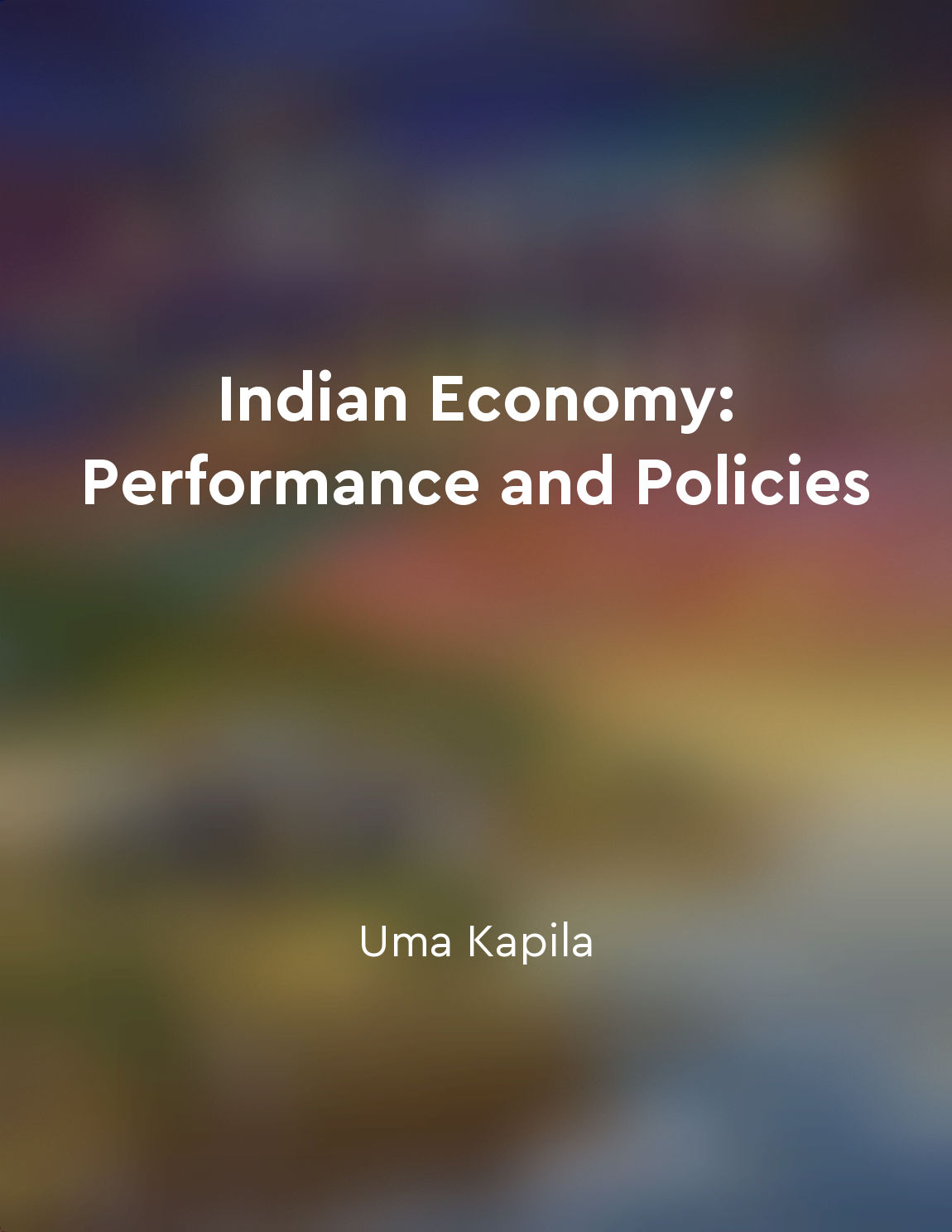Prices not always flexible in the short run from "summary" of The General Theory of Employment, Interest, and Money by John Maynard Keynes
In the short run, businesses may not always have the flexibility to adjust their prices in response to changes in demand. This lack of flexibility can lead to imbalances in the economy, resulting in fluctuations in output and employment levels. When demand for a good or service suddenly drops, businesses may find themselves with excess inventory that they are unable to sell at the current price. In this situation, firms may be reluctant to lower prices in order to clear out their inventory, as doing so could lead to lower revenue and potentially lower profits. Similarly, if demand suddenly increases, businesses may not be able to quickly ramp up production to meet this increased demand. In this case, firms may choose to keep prices stable or even raise them in order to take advantage of the higher demand and increase their profits. These rigidities in pricing can have real economic consequences. When businesses are unable to adjust prices in response to changes in demand, they may be forced to make other adjustments, such as laying off workers or reducing production. This can lead to higher unemployment and lower overall output in the economy.- The concept of prices not always being flexible in the short run is an important one to consider when analyzing economic fluctuations. By understanding the limitations that businesses face in adjusting prices, we can better understand the factors that influence output, employment, and overall economic stability.
Similar Posts
Economic efficiency varies across different systems
The efficiency of an economic system can be influenced by a variety of factors, including the level of competition, the presenc...

Technological advancements drive progress
Technological advancements play a critical role in driving progress in the economy. It is through constant innovation and impro...
It is essential to protect individual liberty
In the pursuit of creating a more just and prosperous society, we must never forget the importance of safeguarding individual l...
Colonial rule brought significant changes
Colonial rule in India ushered in a new era of economic transformation, reshaping the business landscape of the subcontinent. T...
Oil spills pose significant risks to ecosystems
Oil spills have been a cause of great concern due to their detrimental impact on ecosystems. When oil is spilled into the envir...
Demand management key to economic stability
The level of effective demand, which is the sum of consumption and investment, plays a crucial role in determining the level of...
Seek feedback from customers to improve your sales process
One of the key strategies for improving your sales process is to actively seek feedback from your customers. By gathering insig...
Role of public sector in the economy
The public sector plays a crucial role in the economy by providing essential goods and services to the citizens. It includes go...
Externalities can lead to market failures
Externalities occur when the actions of individuals or firms have an impact on third parties who are not directly involved in t...

Economic reforms postindependence significant
The economic reforms initiated in India after gaining independence from British colonial rule in 1947 were of significant impor...

